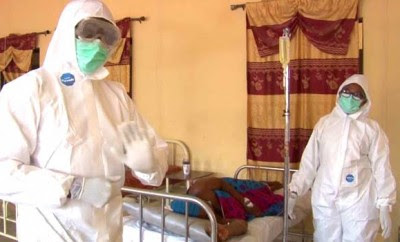
Referring to ‘Aug exports rise 6.7% on rush in US shipments to beat tariffs’ (September 16), while year-on-year exports to the US shows growth, the sequential dip due to tariff hikes is a cause of concern. This trend may continue, at least till the tariff issues are ironed out, warranting immediate attention from the Finance Ministry and the RBI. Exporters with US commitments face an awkward predicament as their pre-shipment credit facilities from banks will cross the 90-day norm and end up as NPAs despite no fault of theirs. The RBI must swiftly introduce relief measures to support these exporters with confirmed order to the US, so as to ensure that the quality of banks’ credit exposure remains secure without slippage. Timely intervention will avert potential losses and safeguard the export sector.
Kumbakonam, TN
US on a peace mission?
This refers to ‘India is coming to the table: White House Trade Advisor Peter Navarro’ (September 16). While re-opening talks may be a step in the right direction, it goes without saying that no trade deal worth its name can be signed as long as the tariff gun is kept on India’s head. Moreover, those living in a glasshouse should not throw stones at others. What else could explain Trump unabatedly supplying various modern military hardware to Ukraine via the NATO route. Is this a ‘peace’ oriented move to end the Russia-Ukraine war?
Panchkula, Haryana
Green credits
Apropos ‘Credit for planting trees’ (September 16), indeed the Green Credit Scheme for planting trees promotes afforestation, leading to biodiversity, conservation and ecosystem restoration. To make this scheme a success, distortion in selling green credit must be removed and companies must be prevented from indulging in deceptive greenwashing tactics.
NR Nagarajan
Sivakasi, TN
GST on tobacco
This refers to ‘GST 2.0 shouldn’t reduce effective tobacco rates’ (September 16). It is indeed a very sensitive subject. Health experts are absolutely right that bidis are as harmful as cigarettes, but the government wants to protect the rural workforce, mainly women, and that is why tax on Tendu leaves, which are used to make bidis, have been slashed from 18 per cent to 5 per cent.
In this debate of livelihood versus public health some sort of pragmatism should come into play, like giving a time frame to bidi manufacturers to recover and, thereafter, have a uniform tax rate for all tobacco products.
Published on September 16, 2025



